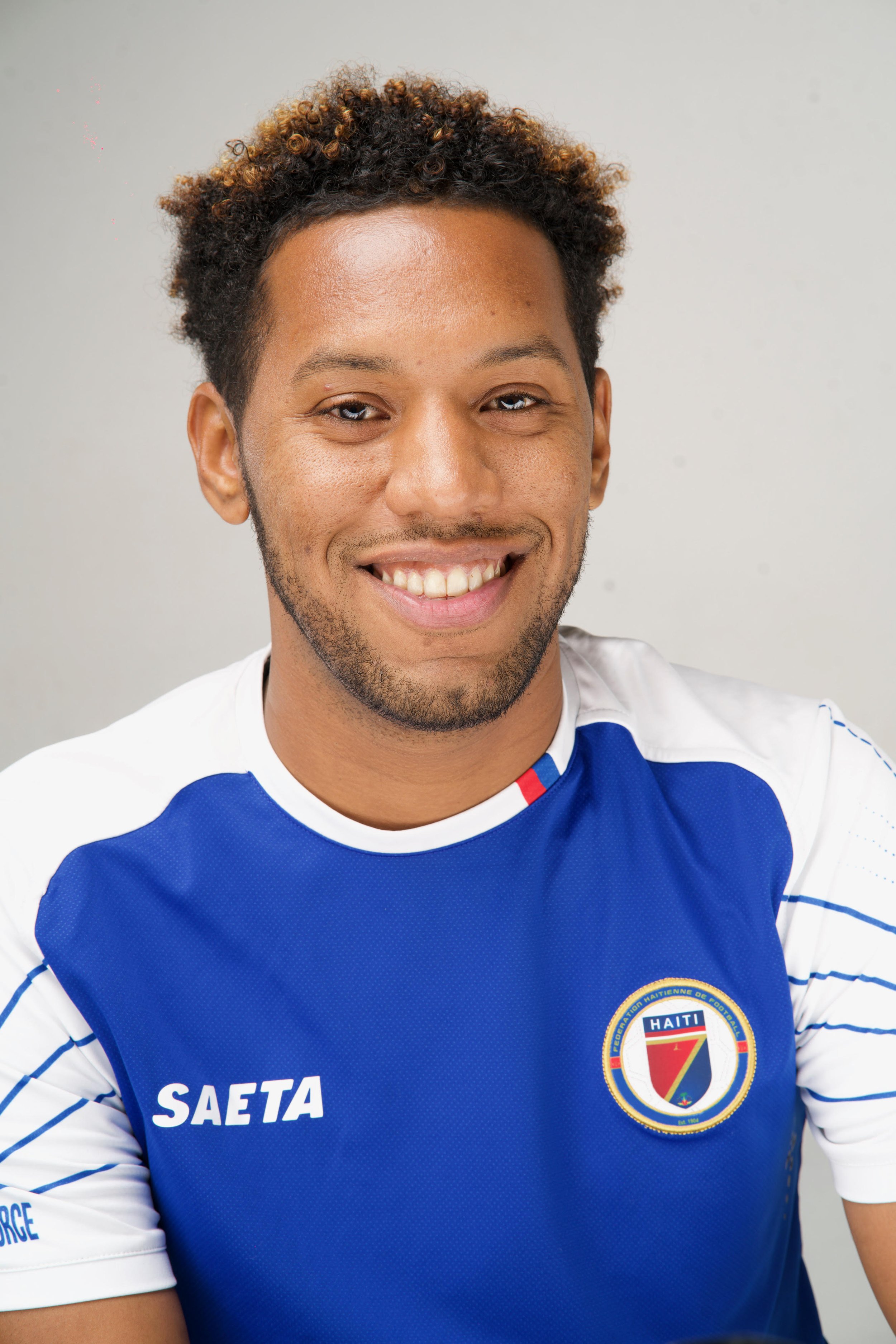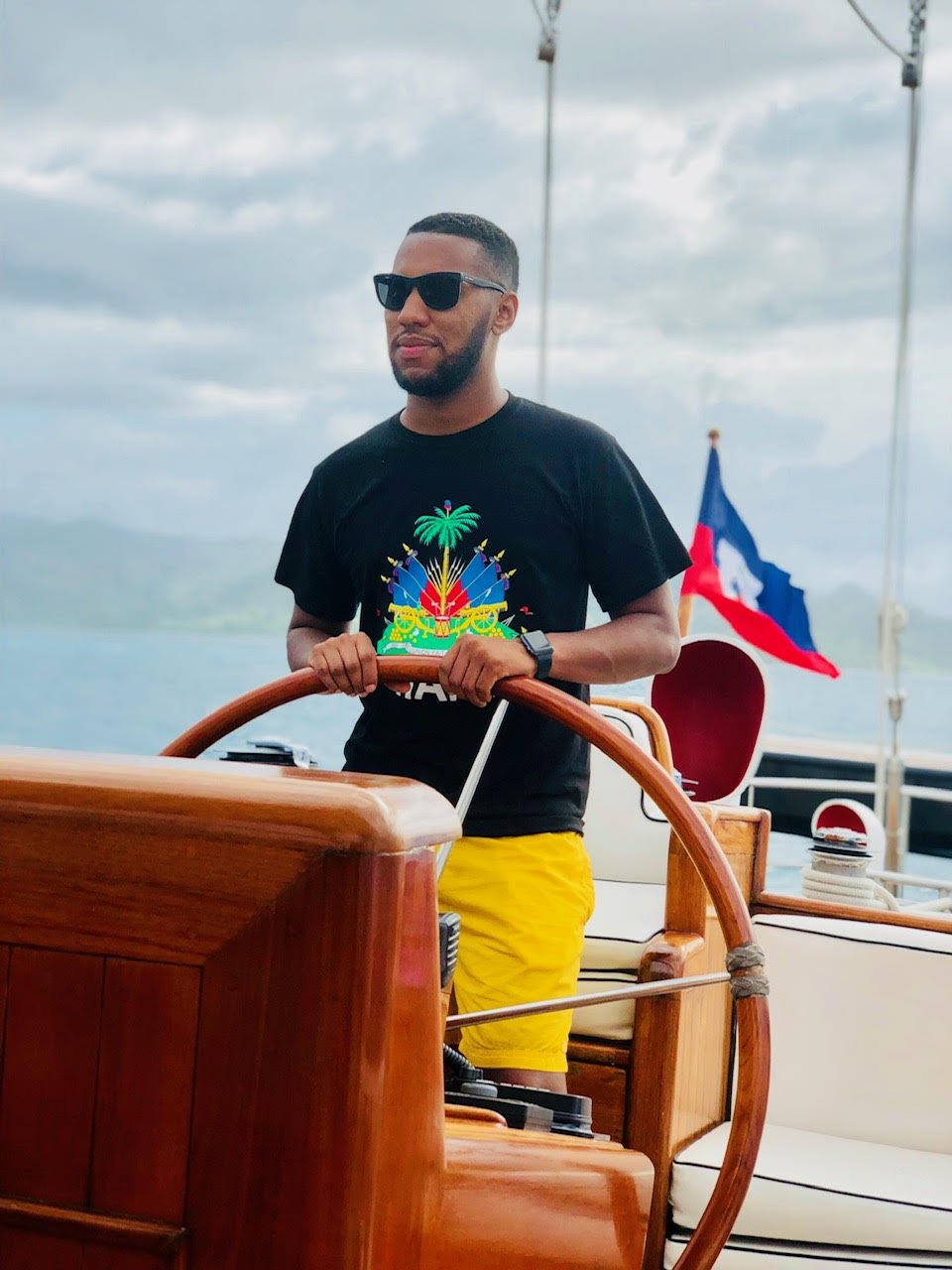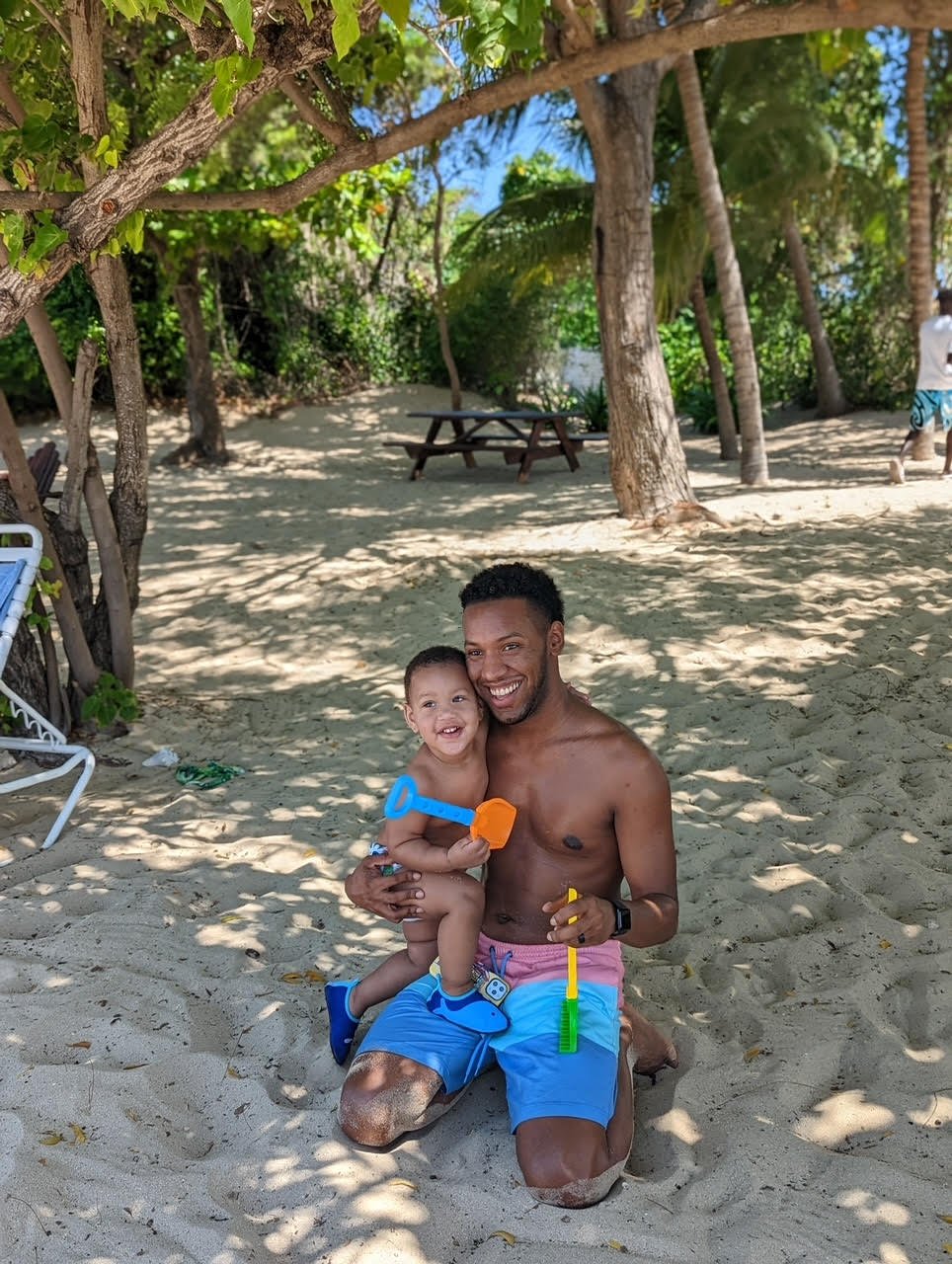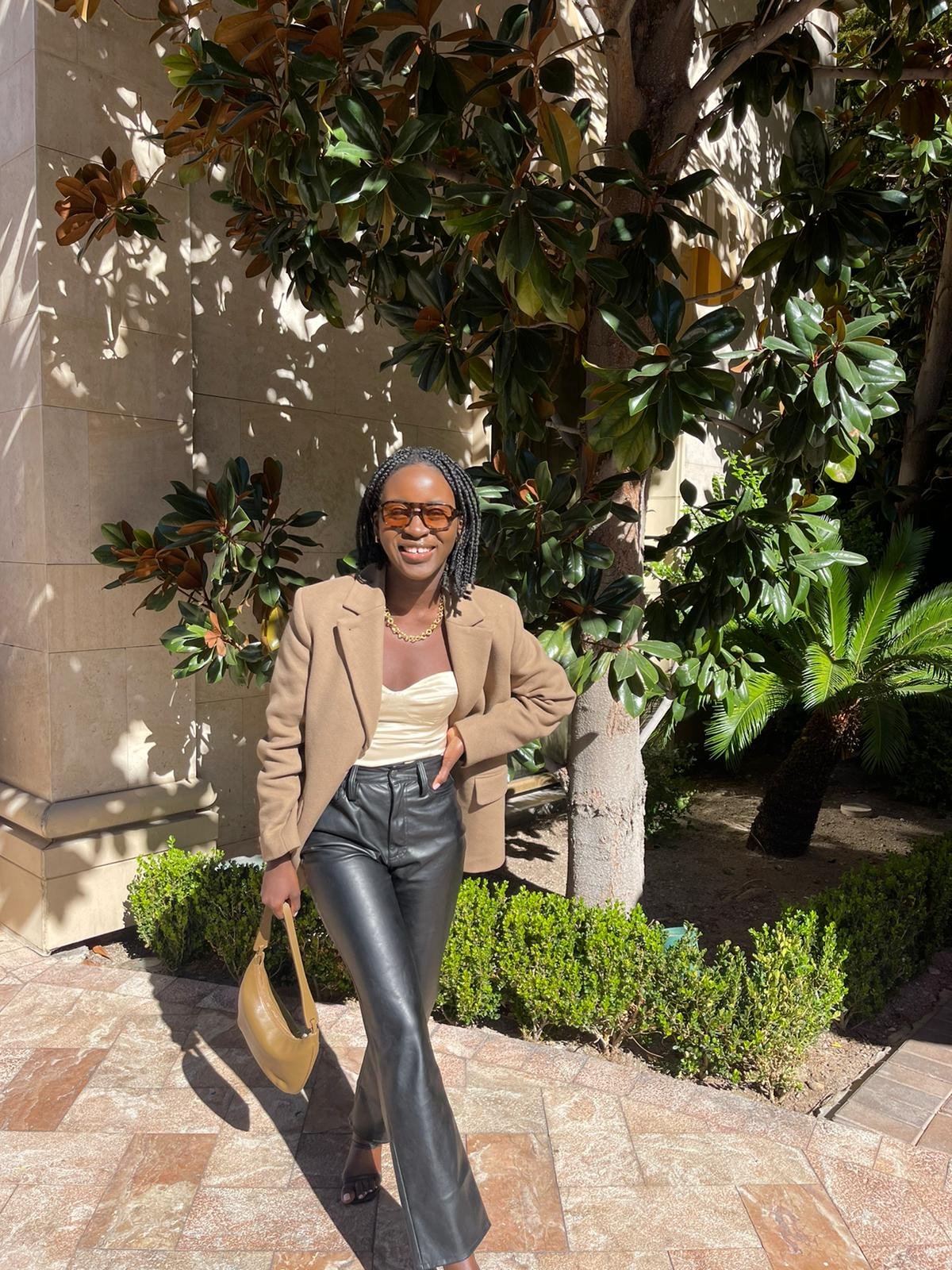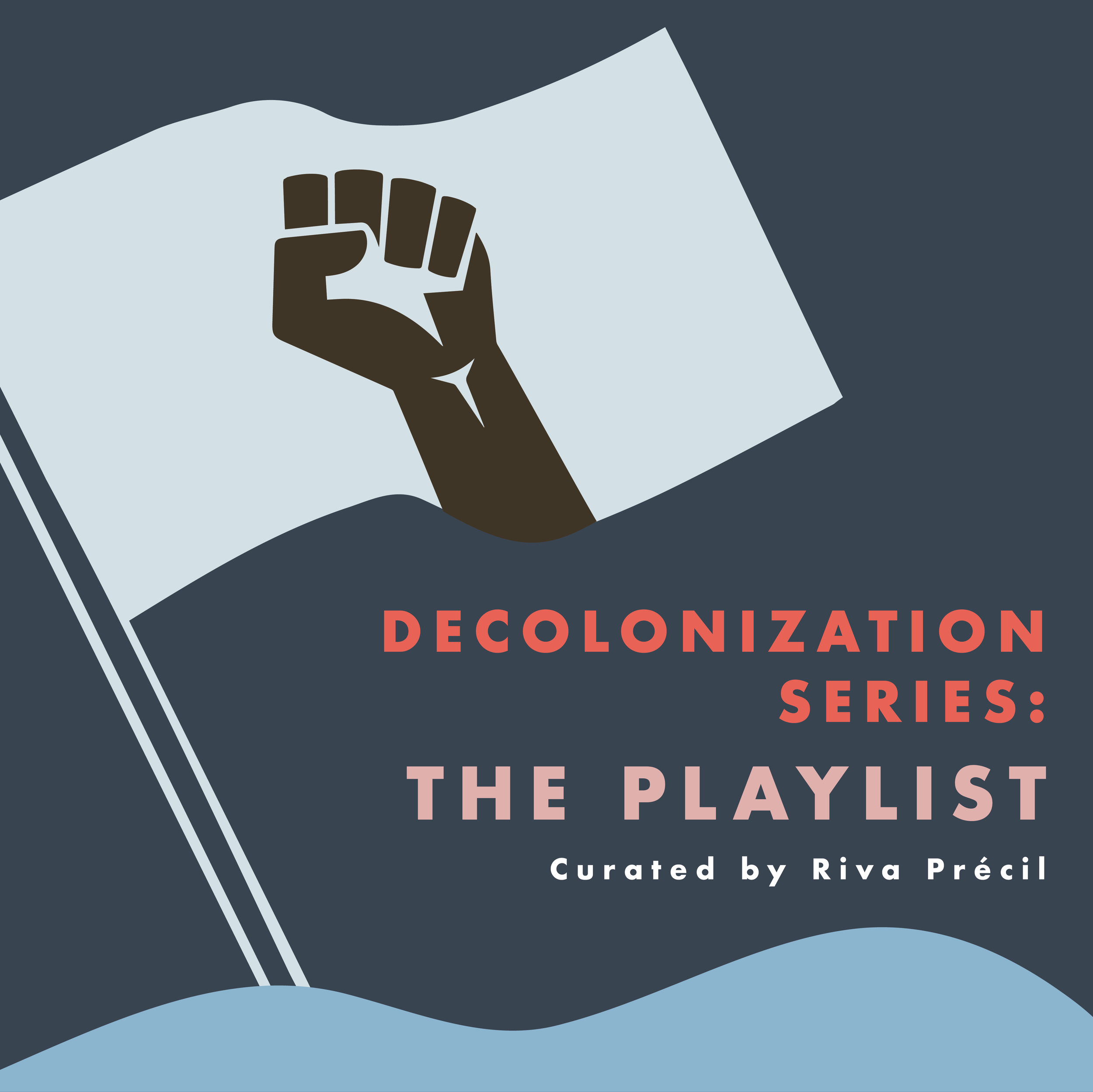We all know how the crisis in Haiti is affecting the population in general. Gang violence, gaz shortage, barely any tourism, people having to flee their homes, kidnappings and more. While these things are all over the news, there are thousands of individual stories that also deserve to be heard. We have taken the time to check-in with our artisan leaders to know how their team is holding on. We will be sharing some of their responses here on this journal to invite you in and give you a better idea of how our teams are doing.
Today we are sharing Boss André’s response on how the situation is affecting him and his team.
How has the current situation in Haiti affected your business? Are people still able to come to work daily? How have you had to change how you do business?
Most of our customers have left the Country, especially foreigners who were our biggest supporters. We do not have much demand. Some craftsmen and I live very far from the workshop. The main road we have to take to get there is under the control of gang leaders so we have to watch when there is a clear road (of course it depends on the bandits) to take advantage of going to the workshop. We are forced to separate into two groups: those who live around my house work in my house and those to whom the workshop is more accessible work in the workshop. In this case I always leave the workshop open in case I can't get there myself

